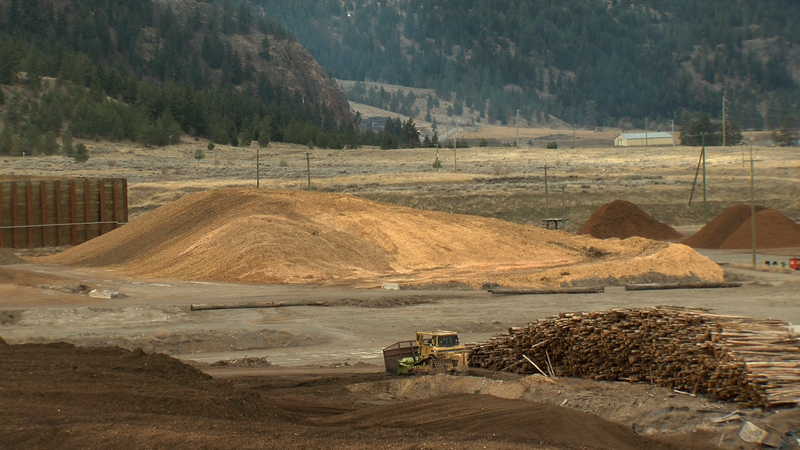
Forest Enhancement Society of BC helping Merritt company recover more wood fibre from local forests
KAMLOOPS — It’s been a difficult couple years for the forest industry in B.C. Shutdowns and curtailments in 2019 led to mills across the province laying off thousands of people.
However, Valley Carriers in Merritt pivoted immediately and is reaping the rewards. The company now takes slash piles, which would typically be burned by forest companies, and turns them into hog fuel.
“With the green energy plant [Merritt Green Energy] that we have and the pulp mills that use that hog fuel, we’re able to grind that material into four to six inch specs and then we haul that out and we bring that to either a stock pile or into the green energy plant for fibre,” said Valley Carriers CEO Ben Klassen.


